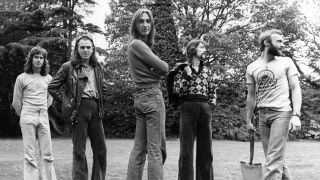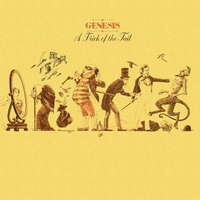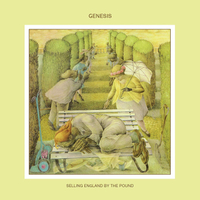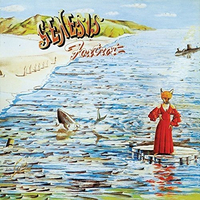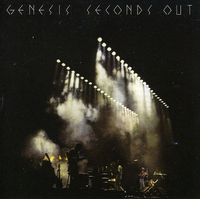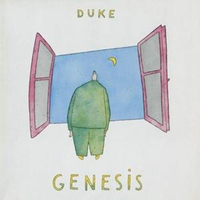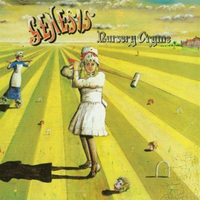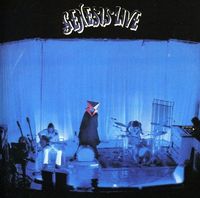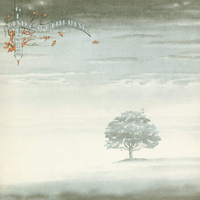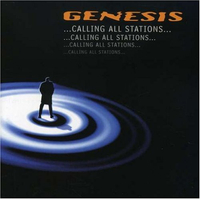‘Gabriel – good, Collins – bad’ (or indeed vice versa) is a common sub-text in discussions between Genesis fans. That split view of Genesis’s music over the years is based mostly on the assumption that during each of those two frontmen’s respective eras with the band, Genesis’s music was rigidly delineated musically and/or that the frontmen were always the chief architects of the band’s music at the time. But it’s a flawed premise that such an argument is based on.
At all stages of the band’s career, all the members of Genesis contributed to the songwriting and arrangements, and the shift from Gabrielled epics to Collins-fronted pop was neither instant nor as obvious as is often made out. Although Genesis came to epitomise the sound and character of British progressive rock – far more so than the deliberately abstruse eclecticism of King Crimson or the pastorally inclined, cod-mysticism of Yes – it’s worth recalling that that perception actually outlived for some considerable time Gabriel’s departure in 1975, and that their first real singles chart success was not some Collins-fronted 80s blockbuster but the typically quirky Gabriel-esque I Know What I Like (In Your Wardrobe)… in ’74.
It can’t be denied, however, that Genesis’s music went through distinct stylistic shifts during the 70s and 80s. In crude terms, Mellotron-driven, flute-augmented, oddtime fantasy work-outs gave way to shorter, stripped-down, American soul-influenced pop songs with big drum sounds; in concert, English music-hall-meets-70s-art-school theatrics were replaced by mountains of equipment, banks of lights and lasers, and Collins’s barrow-boy bonhomie and frenzied tambourine routines.
Ever oblivious to contemporary trends in music, Genesis seemed untouched by punk, new wave, heavy metal and, in later years, Brit-pop and grunge. Ploughing a determinedly singular furrow, Genesis weathered the vagaries of popular culture, critical scorn, the loss of two major members a decade earlier and ongoing solo careers, and by the early 90s were shifting records in the multimillions, yet their main protagonists seemed to be losing some enthusiasm for the project.
Although Genesis limped on to one final studio album in 1997, it was Collins’s departure in ’94 that sealed the band’s fate. Nearly three decades later, a final, covid-delayed tour saw a frail Collins front the band once more. It concluded in 2022, and then they were none. Uniquely, they left a dual legacy, as both one of the most original British rock bands ever, and also as pop giants extraordinaire.

...and one to avoid
You can trust Louder
